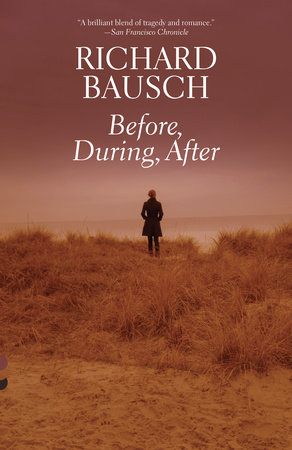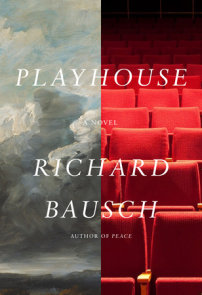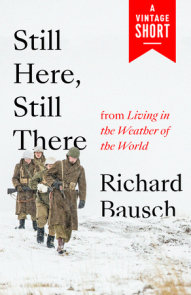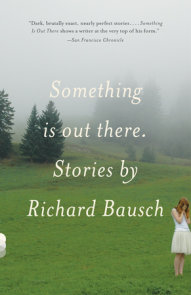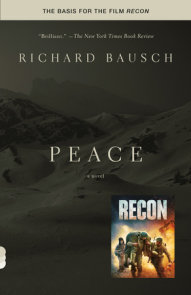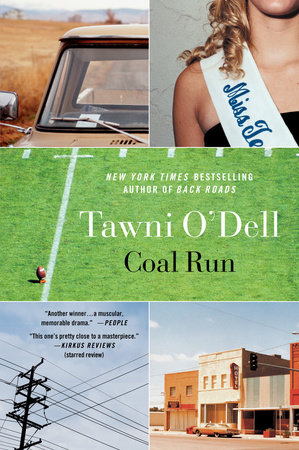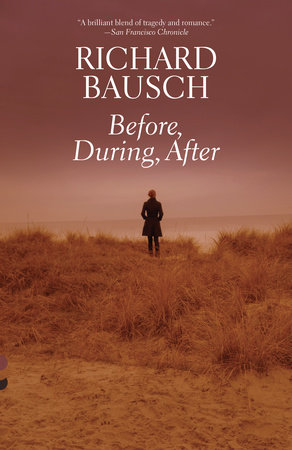

Before, During, After
By Richard Bausch
By Richard Bausch
By Richard Bausch
By Richard Bausch
Part of Vintage Contemporaries
Part of Vintage Contemporaries
Category: Literary Fiction
Category: Literary Fiction

-
$16.95
Jul 21, 2015 | ISBN 9780307279132
-
Aug 12, 2014 | ISBN 9780385351614
YOU MAY ALSO LIKE
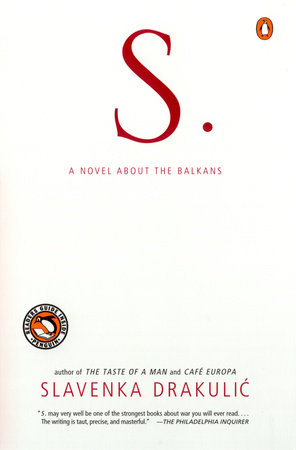
S.
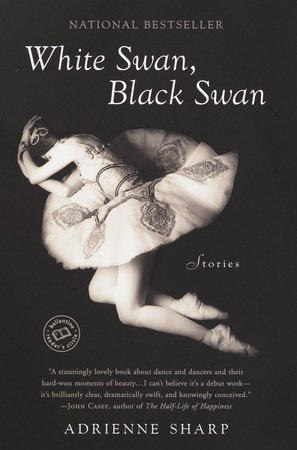
White Swan, Black Swan
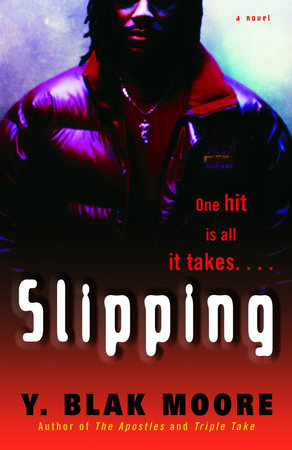
Slipping

Infinite Home
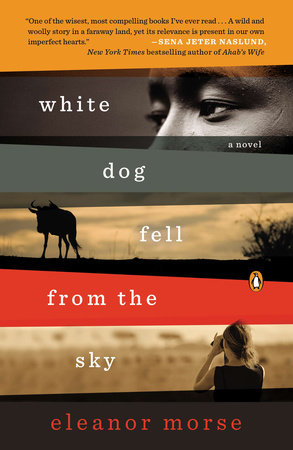
White Dog Fell from the Sky
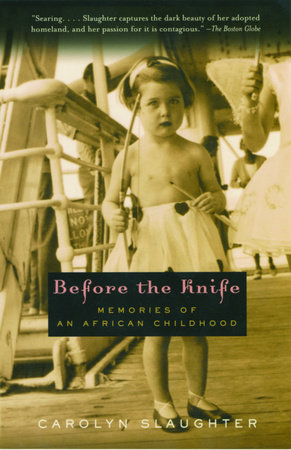
Before the Knife
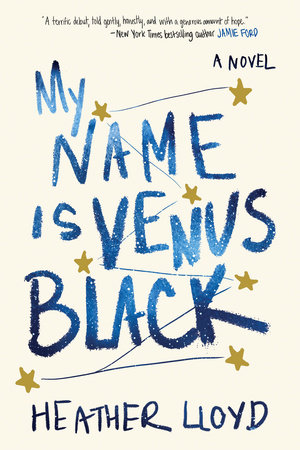
My Name Is Venus Black
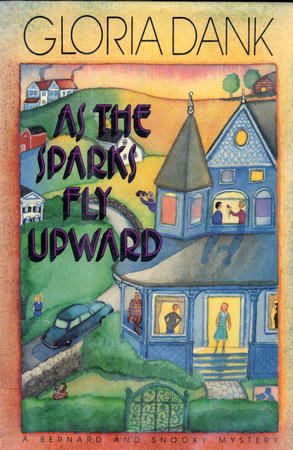
AS THE SPARKS FLY UPWARD
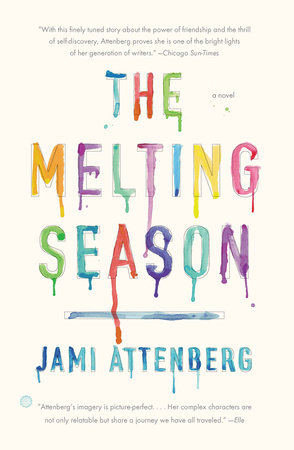
The Melting Season
Praise
“A brilliant blend of tragedy and romance.” —San Francisco Chronicle
“Elegantly constructed. . . . One of Richard Bausch’s many talents is the forthright ease with which he delivers his characters—and readers—to the gravest questions of love, faith and ultimately God, even as he nimbly hides the answers in plain sight.” —The New York Times Book Review
“Intimate. . . . Bausch explores the way private tragedy is distorted and subsumed by national disaster.” —The Washington Post
“An intensely personal drama. . . . As he empathetically investigates his characters, Bausch uncovers thoughts and feelings as tangled and troubled as the world around them.” —The Boston Globe
“[A] terrific novel. . . . Bausch has found a way to connect the optimism that died [on 9/11] with the hopes and dreams that we take into our intimate relationships. They can collapse, too. And often we don’t even see it coming. . . . [He is] a master storyteller who appreciates subtleties most of us can’t see, much less write.” —The Seattle Times
“Masterful prose, in the service of a masterfully told story. . . . [Before, During, After] would have been over-reach for a lesser writer, but Bausch pulls it off by displaying the utmost care for his characters, employing the highest form of authorial omnipotence to show how external horrors reverberate in internal spaces.” —The Daily Beast
“A quietly lovely book, well-written and sad, but with the possibility of triumph.” —The Post and Courier (Charleston)
“Gripping.” —Toronto Star
“Skillfully crafted. . . . Taut and restrained. . . . Bausch is a powerful evocator. . . . [He] courageously tackles a difficult conundrum in fiction: how to fictionalize—that is how to make art—out of unspeakable evil taken from life.” —New York Journal of Books
“Sublimely probing what it means to lose trust in one’s self and in those one loves, the masterful Bausch delicately ponders the consequences of devastating loss on both a grand and personal scale. A luscious, sweeping heartbreak of a novel.” —Booklist (starred review)
“Bausch offers a twentieth work of fiction that blends private and public trauma to devastating effect.” —Library Journal
21 Books You’ve Been Meaning to Read
Just for joining you’ll get personalized recommendations on your dashboard daily and features only for members.
Find Out More Join Now Sign In






